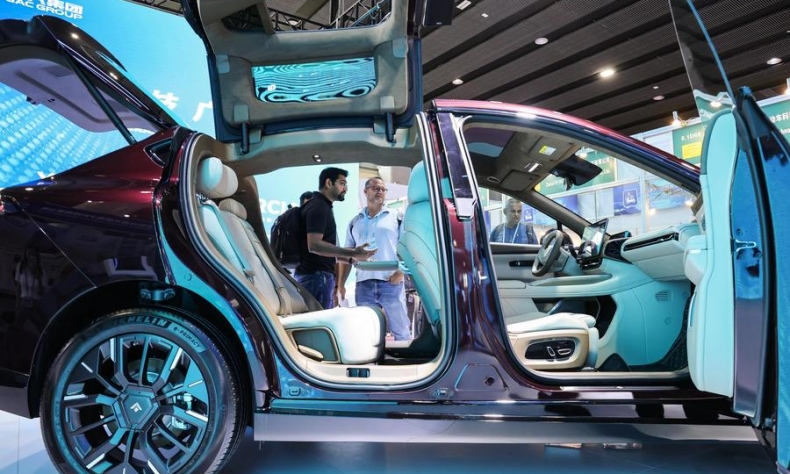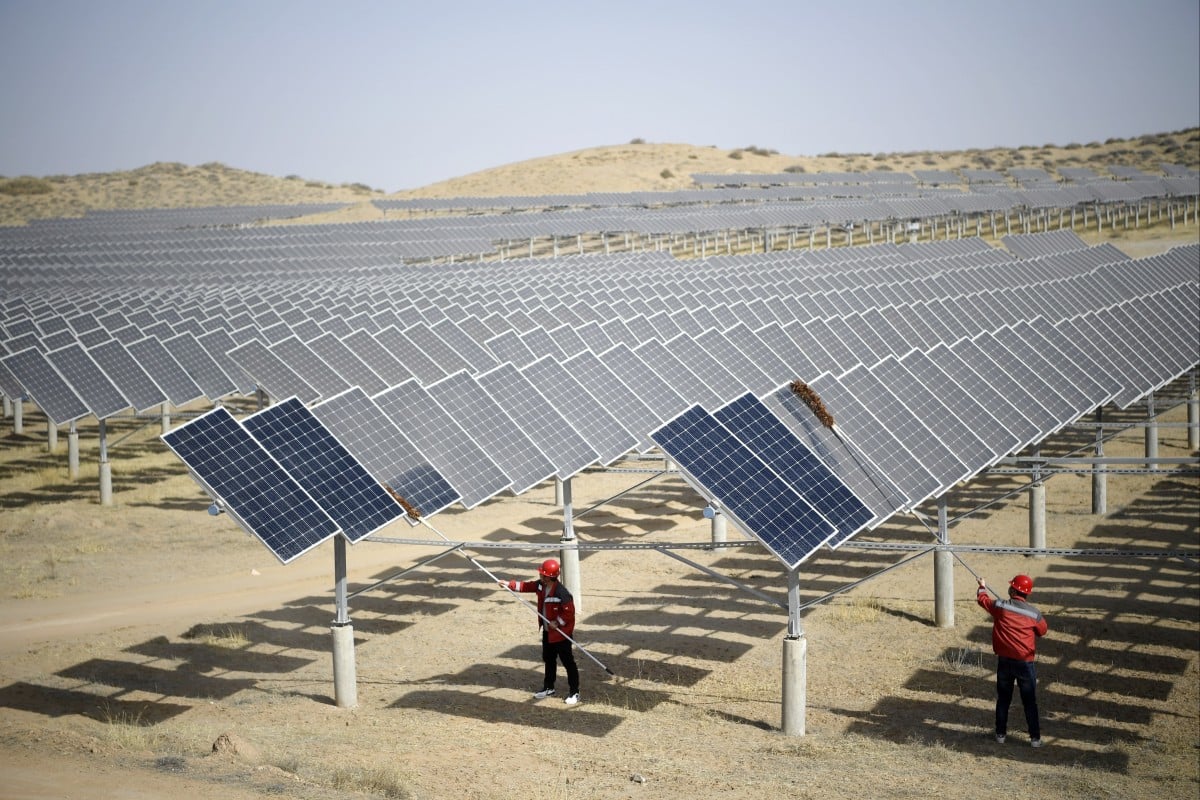Partnership for Green Development

Despite their disagreements on some issues, China and Europe need to maintain high-level dialogues as the relationship is more important than ever before.
I have lived in Beijing for 25 years. It is indisputable that the air quality here has significantly improved over these years. I still remember when I first moved to China in 1998, the main source of air pollution in Beijing was coal burning. Soon in 1999, the Beijing Municipal Government introduced supervisory regulations on the quality of coal use. The changes that have occurred since then are evident to all. Later on, construction and motor vehicles became a major source of PM2.5 emissions in Beijing. Due to effective governance, the blue sky during the 2014 APEC meeting in Beijing was very impressive.
China: contributor to combating climate change
China has achieved great success in reducing particulate matter pollution. Such examples can be seen everywhere. For example, Inner Mongolia in China is a resource-rich region. In my opinion, Inner Mongolia is one of the regions with the best air quality in China, and I know many companies consider it an excellent choice for producing green electricity.
Green electricity refers to the production of electricity with zero or near zero carbon dioxide emissions, which has a lower impact on the environment compared to thermal power generation. At present, green electricity mainly comes from photovoltaic and wind power.
European companies also need green electricity to produce green methanol, known as “liquid sunshine.” It uses renewable energy sources such as solar and wind energy to decompose water into green hydrogen, which is then synthesized into clean energy through the catalytic action of green hydrogen and carbon dioxide, so as to achieve decarbonization of the entire industry chain.
It is worth noting that in my country Denmark, there is no resource reserve as large as Inner Mongolia for the development of photovoltaic. So we mainly rely on offshore wind power in the northern coastal areas. By 2026, 100 percent of Denmark’s electricity is expected to come from renewable sources.
Denmark and China both have some of the world’s leading wind power companies, such as Vestas, Goldwind, and Envision. Their research and development capabilities and innovative technologies ensure that we produce as much green electricity as possible, while reducing the use of coal and other fossil fuels, thereby promoting energy transformation and green development, and rebuilding energy-intensive cities with clean and low-carbon energy systems.
The Chinese government has set carbon emission targets, aiming to peak carbon dioxide emissions by 2030 and achieve carbon neutrality by 2060. I think it is very positive and achievable. This matter is of great significance because without China, the world cannot solve the problem of climate change.

Great potential and strong complementarity
There is great potential for bilateral cooperation between European and Chinese companies in this field. China has true global leadership in green technology, which is also one of the areas where Europe and China can learn from each other.
China has become a research and production center for new energy vehicles. In Copenhagen, the capital of Denmark, and Brussels, the headquarters of the EU, Chinese brand BYD taxis can be seen everywhere. Chinese battery manufacturer CATL is also investing in building factories in Europe, aiming for high-level cooperation. At the same time, many European car manufacturers have come to China to produce electric vehicles. Undoubtedly, China will become a leader in electric vehicle production, and European manufacturers have really gained lots of beneficial experiences from the Chinese market.
If we think along the green industry chain, there are still many industries with great potential for further cooperation. The EU and China have strong complementarity in carbon reduction and other related technologies. China has an important industrial foundation, and Europe can use this industrial foundation to achieve its decarbonization goals. In other words, China’s dual carbon goals can also help Europe achieve its transformation and development towards a green economy.
For Europe, China is also a very important market for its green technology. Both Europe and China have invested a large amount of funds in decarbonization technology, and they have always kept a close R&D collaboration. For example, European wind turbine manufacturers have played a crucial role in the development of China’s wind power industry for many years.
In promoting cooperation between Chinese and European enterprises, the European Chamber of Commerce in China hopes to find a balance point so that both sides can benefit. We have a large number of member companies active in the field of green development, and we maintain close contact with them. Today’s China can provide many solutions that the world needs to reduce carbon emissions and address the challenges of climate change. We just need to find a path that creates the maximum value for both China and Europe, so that everything we do will not come at the cost of sacrificing the other party, but can complement each other.
The year 2023 celebrated the 20th anniversary of the establishment of the EU-China Comprehensive Strategic Partnership. The past two decades of achievements have confirmed that a comprehensive strategic partnership is crucial for the EU.
In the current global economic downturn, both Europe and China are facing challenges in their economies, as well as some disagreements in the field of trade. But it is right at this time that EU-China relations are more important than ever before. We need to maintain high-level dialogue and resolve our issues and concerns in a friendly manner so that both sides can benefit from it and create more value. 
Jens Eskelund is president of the EU Chamber of Commerce in China.
 Facebook
Facebook
 Twitter
Twitter
 Linkedin
Linkedin
 Google +
Google +










